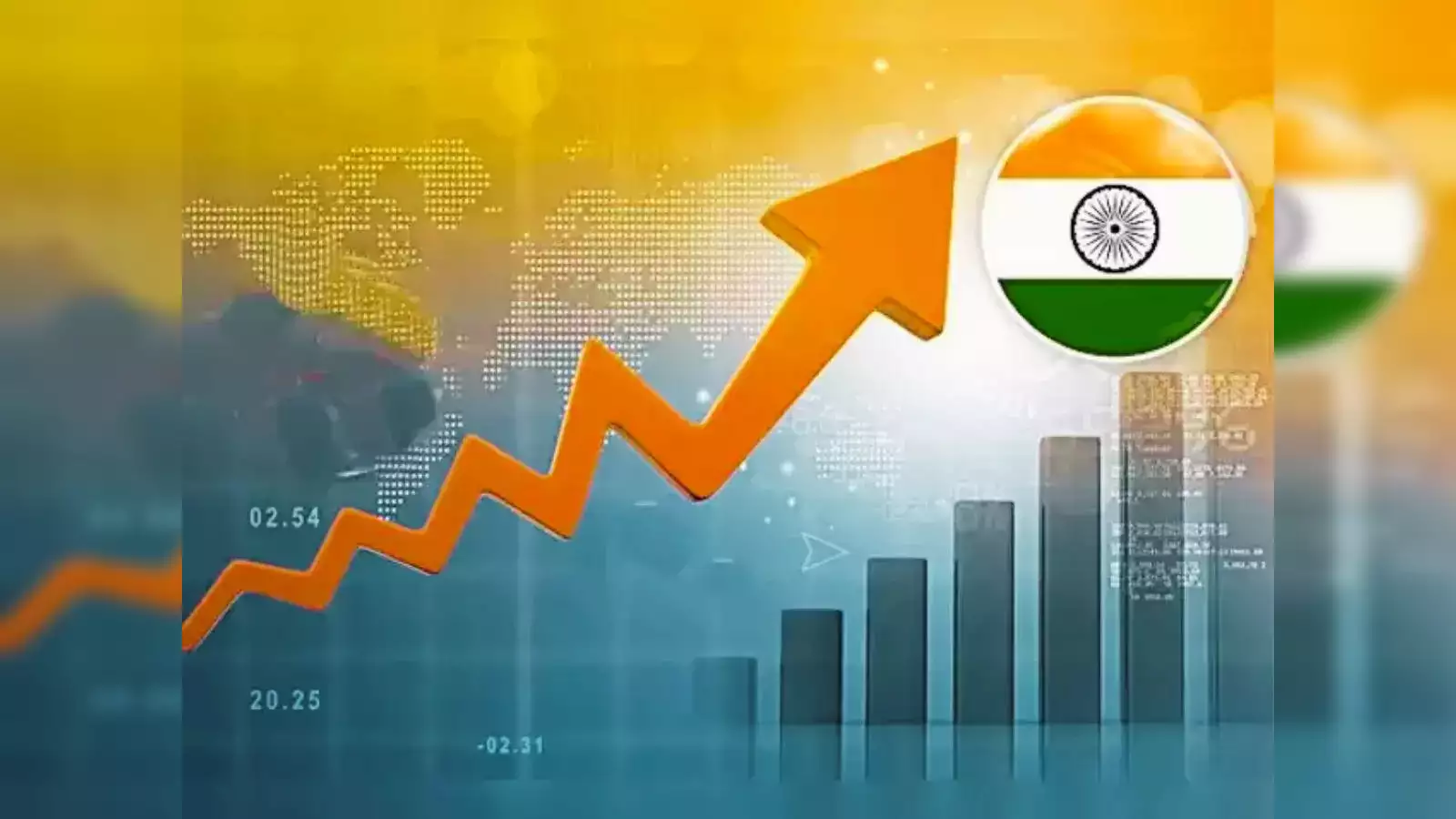India’s Economic Outlook: Challenges Ahead

The International Monetary Fund (IMF) has recently provided insights into the future of India’s economy. Kristalina Georgieva, the managing director of the IMF, shared her expectations during an annual media roundtable. She highlighted that India’s economy is likely to face challenges in the coming years, particularly in 2025. This article delves into the factors influencing India’s economic trajectory, the global context, and the implications for various sectors.
Global Economic Context and India’s Position
Kristalina Georgieva noted that the global economy is experiencing a mix of growth and uncertainty. While the United States is performing better than anticipated, the European Union is showing signs of stagnation. In this context, India is expected to experience a slight weakening in its economic performance by 2025. Georgieva did not provide specific details on the reasons for this forecast but emphasized the importance of global economic policies, particularly those from the U.S.
The IMF managing director pointed out that the uncertainty surrounding U.S. trade policies is a significant concern. The incoming administration’s decisions on tariffs, taxes, and deregulation will have far-reaching effects on global markets. Countries that are more integrated into global supply chains, including India, may face additional challenges. This uncertainty is compounded by geopolitical tensions and the ongoing effects of the COVID-19 pandemic, which continue to disrupt economies worldwide.
India’s Economic Growth Projections
India’s economy is projected to slow down significantly in the fiscal year 2024-25. The National Statistics Office (NSO) has estimated that the country’s gross domestic product (GDP) will grow by only 6.4%. This figure marks a sharp decline from the 8.2% growth recorded in 2023-24. The anticipated slowdown is attributed to a moderation in manufacturing and sluggish investment, which are critical drivers of economic growth.
Despite these challenges, there is some optimism regarding the agricultural sector. A robust performance in agriculture is expected to support rural consumption, which could help mitigate the overall economic slowdown. However, the finance ministry has indicated that a combination of monetary policy and structural factors may contribute to this downturn. As a result, all eyes are on the upcoming budget announcement on February 1, which is expected to outline measures aimed at reviving demand and stimulating growth.
Challenges for Low-Income Countries
Georgieva also highlighted the precarious situation faced by low-income countries. Despite their efforts to stabilize their economies, these nations remain vulnerable to external shocks. Any new economic disruption could have severe consequences for their growth and development. The IMF managing director’s comments underscore the need for global cooperation and support for these countries to navigate the uncertain economic landscape.
The challenges facing low-income countries are particularly relevant in the context of rising inflation and supply chain disruptions. These issues have been exacerbated by the pandemic and geopolitical tensions, making it increasingly difficult for these nations to recover. As the global economy continues to evolve, it is crucial for policymakers to prioritize strategies that foster resilience and sustainable growth in these vulnerable regions.
Observer Voice is the one stop site for National, International news, Sports, Editor’s Choice, Art/culture contents, Quotes and much more. We also cover historical contents. Historical contents includes World History, Indian History, and what happened today. The website also covers Entertainment across the India and World.

